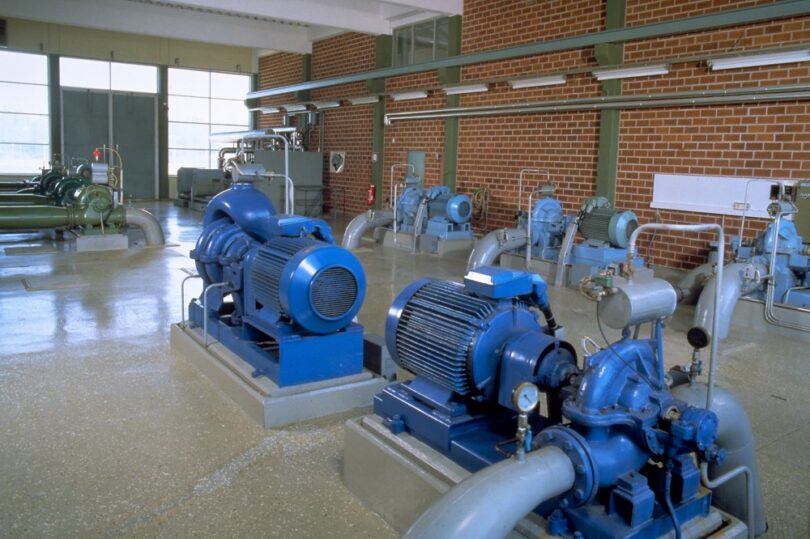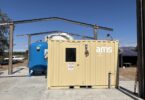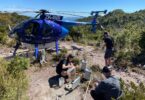According to data from the Global International Geosphere-Biosphere Programme, the world withdraws 4 trillion litres of freshwater every year, and the UN estimates that 80% of that amount becomes wastewater. On average, that means that we will have shifted around 5.5 billion litres by lunchtime, and 11 billion by bedtime — the equivalent of around 4,400 Olympic-sized swimming pools. This requires vast amounts of energy to transport via pipes, sewers, and pumps powered by electric motors.
At the same time, water scarcity, rising energy costs, and sustainability goals are pushing the industry to find more efficient and reliable ways to manage water and wastewater. At ABB, we’re committed to helping our customers overcome these challenges by delivering innovative solutions that optimise energy use and enhance system reliability. Our low voltage motors make water and wastewater management more sustainable and reliable for our customers and theirs, helping to tackle the water crisis, together. Here’s a quick look at the real-world impact our customers are creating.
Optimising wastewater treatment in Germany
In Bocholt, Germany, a sewage treatment plant managing 108,000 cubic meters of wastewater daily has significantly enhanced its energy efficiency with ABB. Germany aims to cut emissions by 65% by 2030 and ABB’s low voltage motors are an excellent stepping stone towards this goal.
By replacing six outdated pumps with four high-efficiency ABB synchronous reluctance motors (SynRMs) and pairing them with ultra-low harmonic ACS880-31 variable speed drives (VSDs), the plant achieved a remarkable 40% reduction in power consumption. The VSDs enable real-time adjustments to hydraulic loads, boosting operational reliability and minimising disturbances to the power network.
Beyond energy savings, these upgrades have had a profound impact on the water treatment process itself. By optimising pump efficiency and reducing energy consumption, the plant can now manage wastewater more effectively and deliver cleaner water back to the environment while wasting fewer resources. It’s a win for sustainability and a huge step toward smarter water management.
Supporting sustainable fish farming in Egypt
ABB’s low voltage motors are also making waves in Egypt. The Nile has sustained civilizations for hundreds of years, and aquaculture is emerging as a key solution to establish food security and economic growth. As part of an ambitious government initiative, two pilot fish farms in the Nile Delta are using ABB’s advanced motor technology to ensure efficient water circulation, supporting the production of 640 tons of shrimp and 350 tons of fish each year.
Pumps are the lifeline of any fish farm, responsible for both supplying fresh water and cycling out wastewater. To meet the quality benchmark of the General Authority for Fish Resources Development (GAFRD), Allweiler-Farid Pumps equipped the farms with 32 pump units, each powered by ABB’s low voltage process performance motors. These motors ensure reliable water movement, maintaining optimal conditions for aquaculture while minimising energy consumption.
The custom-built motors were delivered in record time, guaranteeing a smooth launch for the pilot farms but also enhancing operational reliability in Egypt’s fish farming industry.
ABB’s impact on water sustainability
ABB’s IEC low voltage motors are easily purpose-built for the water industry, offering the best of both worlds: energy efficiency and longevity that helps utilities and treatment plants meet sustainability goals. With smart motor technology, we empower businesses to optimise their operations and build cleaner, more resilient water systems that stand the test of time.







